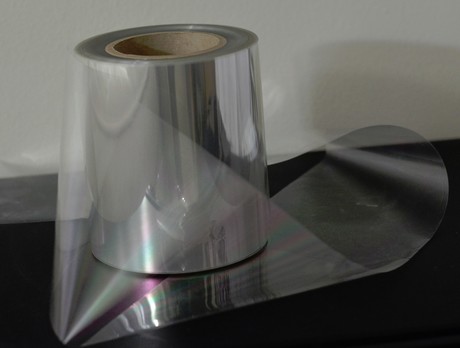Low-cost, sustainable option for food packaging

Food packaging is a growing billion-dollar market with overall predicted growth expected to reach 6% by 2024. But this growth pales into insignificance compared to the growth in advanced barrier coatings, which is at around 45% annually.
Now, Purdue University researchers have developed a large-scale manufacturing process using cellulose nanocrystals (CNCs) as advanced barrier coatings for food packaging.
CNCs are an alternative renewable raw material derived from abundant resources such as wood and plants. They have properties including nontoxicity, biodegradability, high specific strength, high thermal conductivity and optical transparency, all of which make them excellent components for advanced food packaging.
“The challenge for the food packaging industry is to create a recyclable and sustainable barrier material that is low-cost,” said Jeffrey Youngblood, a professor in Purdue’s School of Materials Engineering. “Our innovation using CNC coatings is transparent, nontoxic and sustainable.”
The Purdue manufacturing technique is scalable since it is a roll-to-roll manufacturing process using waterborne polymer systems. CNCs are highly crystalline and easily dispersed in water, so manufacturers can control the structure to eliminate free volume and end up with only the properties that are needed for the barrier material.
“Our unique process uses the power of natural nanotechnology and allows a much higher density and packing coating that reduces diffusion pathways and drastically improves oxygen, carbon dioxide and water vapour permeability,” Youngblood said. “In essence, we get properties similar to common packaging such as ethylene-vinyl alcohol polymer, but with more sustainable results.”
The Purdue technology also offers food packaging manufacturers excellent optical, thermal and mechanical properties to ensure that food remains as fresh as possible for as long as possible.
“Technological advances such as this are important as there is a larger societal effort to improve sustainability,” Youngblood said. “CNC offers this, along with transparency, nontoxicity and high barrier performance.”
The Purdue Office of Technology Commercialization helped secure a patent for the technology. It is available for licensing.
Out of the box: 2025 PIDA Awards finalists announced
Finalists have been announced for the 2025 Australasian Packaging Innovation & Design (PIDA)...
Registrations open for Australasian Packaging Conference
Early-bird registrations are now open for the 2025 Australasian Packaging Conference, coordinated...
Database of migrating food-contact chemicals
An open-access database of over 5000 food-contact chemicals from packaging and other articles is...














